PRINCIPAL INVESTIGATOR
Gerry Altmann, Professor
Program Head Perception, Action, & Cognition
Professor of Department of Psychological Sciences
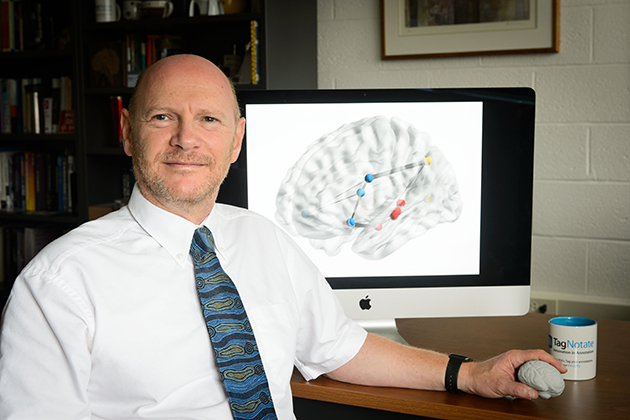
Gerry Altmann is interested in language and event comprehension. In a simple sentence such as “She chopped the onion”, the state of the onion is different before and after the chopping; how do we keep track of such changes, how do we represent the different states of the onion at different moments in event-time, and how do we represent that each representation pertains to the same token onion? The research takes the view that language comprehension requires a complex interplay between semantic memory (knowledge of onions in general: ‘types’) and episodic memory (knowledge about a specific onion: a ‘token’). I use a mix of behavioral methods (predominantly eye-tracking) and neuroscientific methods (fMRI, EEG). Some of my research focuses also on how high-level knowledge impacts on lower-level attentional processing (and eye movement control).
Contact: gerry.altmann@uconn.edu
Office: Bousfield 134C; Lab: Arjona 312
CV – Website
MASTER’S STUDENT & LAB MANAGER
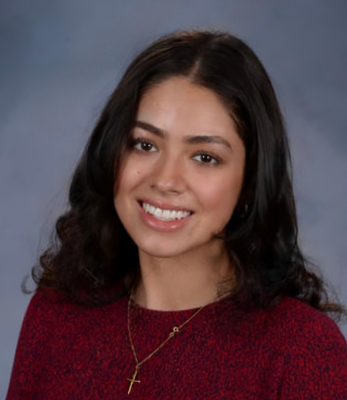
Joslyn Hoang has been a part of the WORK lab for 4 years, starting as an undergraduate research assistant, later becoming lab manager. Her primary interest is using eye tracking to investigate sentence processing. She works on a variety of experiments broadly related to language comprehension, goal-oriented processing, state change representation, and bilingualism with Spanish-English bilinguals. She is also pursuing a Master’s Degree at the UConn School of Social Work.
Contact: joslyn.hoang@uconn.edu
Office: Arjona 308
DOCTORAL STUDENTS
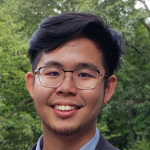 Wesley Leong: I study how the brain understands events that are experienced through language (such as when someone tells you a story). I am primarily interested in what our brains do that allows us to mentally represent participants and actions in these events, and how that may differ from events that we experience first-hand. I intend to tackle these lines of research using a combination of behavioral, neuroimaging, and computational techniques.
Wesley Leong: I study how the brain understands events that are experienced through language (such as when someone tells you a story). I am primarily interested in what our brains do that allows us to mentally represent participants and actions in these events, and how that may differ from events that we experience first-hand. I intend to tackle these lines of research using a combination of behavioral, neuroimaging, and computational techniques.
Contact: wesley.leong@uconn.edu
Office: Arjona 302
Website: https://wesley-js-leong.github.io/
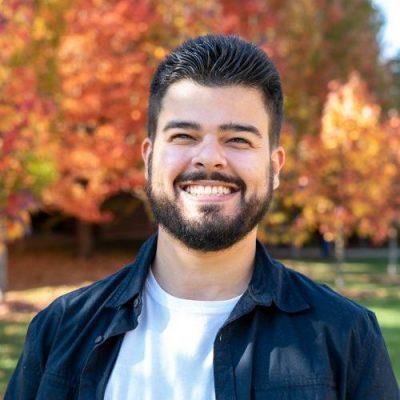
Wesley Medeiros: Broadly, I am interested in brain makes sense of language(s). I have worked with neuromodulation in clinical populations (stuttering patients) and researched phonetic adaptation in speech perception. Thematically, nowadays I want to explore how event cognition may tie into perception of time in humans, and how language used to describe such events may hint at how these processes take place in the mind. Technically, I am interested in how brain waves can carry speech information, and how that can inform the spatiotemporal aspects of speech processing.
Contact: wesley.medeiros@uconn.edu
COLLABORATORS
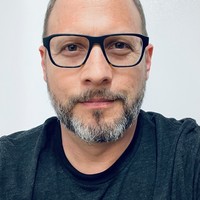
Adrián Garcia-Sierra: Associate Department Head (Undergraduate) and Associate Professor of Speech, Language, and Hearing Sciences. Dr. Garcia-Sierra’s research interests include: brain plasticity, language development, event related potentials, speech perception, and bilingualism.
Contact: adrian.garcia-sierra@uconn.edu
Office: PCSB 206
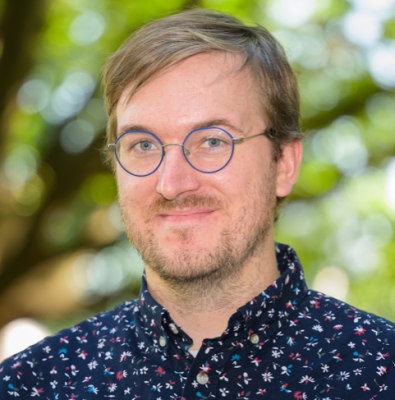
Forrest Davis: Assistant Professor of Computer Science at Colgate University. I use insights from psycholinguistics, linguistic theory, and cross-linguistic variation to expose limitations in current AI models and link them to training data.
Contact: fdavis@colgate.edu
Website: https://forrestdavis.github.io/

Emily Yearling: I am interested in how event representation develops and how these representations bias the ways in which we perceive, understand, and interact with the world. Specifically, I use neuroimaging and behavioral methods to study how the brain processes changes in the state of objects we interact with in order to anticipate and facilitate future events.
Contact: emily.yearling@uconn.edu
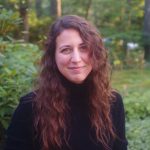
Emma Wing: I work on the mapping between morphosyntax and the mental representation of events in which objects change state. I am interested in how grammatical categories (e.g., different tenses, participles, etc.) activate the content of event representations during sentence comprehension, and how this content changes depending on the syntactic environment. My recent work studies how adjectival passives activate object-state representations, and how these representations are modified by degree adverbs.
Contact: emma.wing@uconn.edu
UNDERGRADUATE STUDENTS

Madison Stevenson is a dual psychological sciences and american sign language (deaf studies concentration) major with a minor in cognitive science. She is highly interested in researching the processing of sign language and the representations of objects in the mind. She plans to pursue a PhD in developmental psychology.
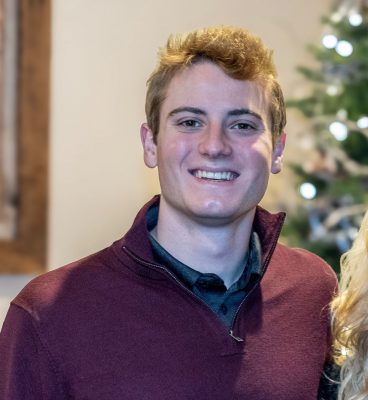
Preston Bolus is a physiology and neurobiology major on a pre-med track. He is interested in learning more about the brain and neural processes through techniques such as EEG and fMRI. He plans on going to medical school to become a surgeon.
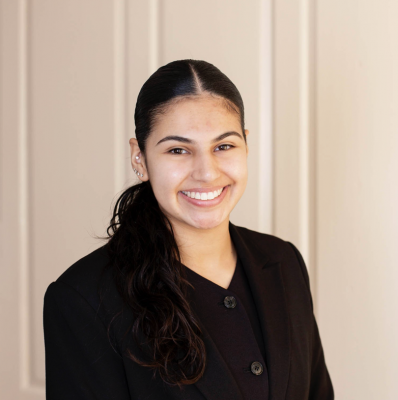
Bianca Figueroa is a psychological science major with a minor in crime and justice on a pre-law track. She is interested in knowing about the cognitive processes behind language and how that translates between different languages as well as dialects. Post getting her undergraduate degree she plans on pursuing a law degree.
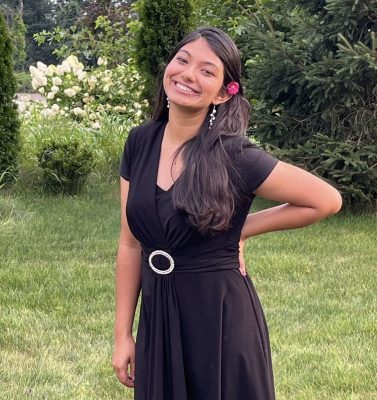
Anisha Bhatnagar is a Physiology and Neurobiology major with minors in Molecular and Cellular Biology and in Ecology and Evolutionary Biology, pursuing a pre-medical track. Her research interests lie in understanding how language and object state representations interact in the brain. She investigates the role of semantic–episodic memory crosstalk and hippocampal involvement in sentence comprehension. Anisha plans to attend medical school and aspires to become a cardiothoracic surgeon.
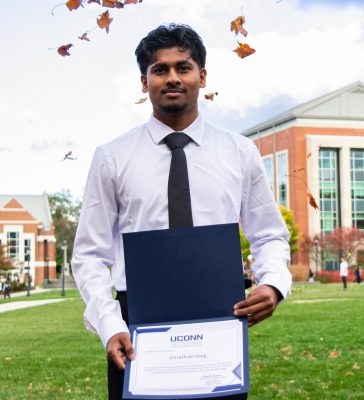
Jonathan Baig is a senior studying Psychology on the pre-med track, and has been working in Dr. Altmann’s Lab for three semesters. He does psycholinguistics research, using eye-tracking to explore how the brain works and processes language. He finds the brain fascinating.
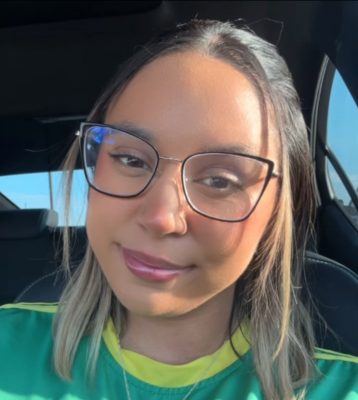
Grettel Atterberry is a psychology major and she is interested in learning more about how images and words interact in the brain. She plans on pursuing a PhD in forensic psychology and hopes to work in national security.
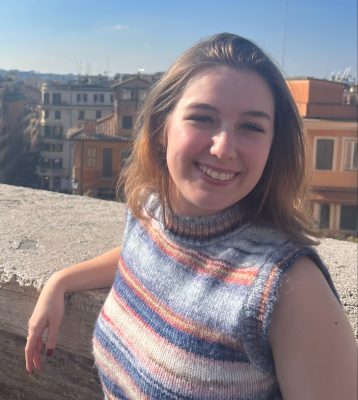
Paige Antener is a senior Psychology major with Women and Gender, Sexuality studies and HDFS minor. She is interested in learning more about how the brain processes language and the production of sounds. She is planning on taking a gap year but is going to pursue speech language therapy in gradschool.
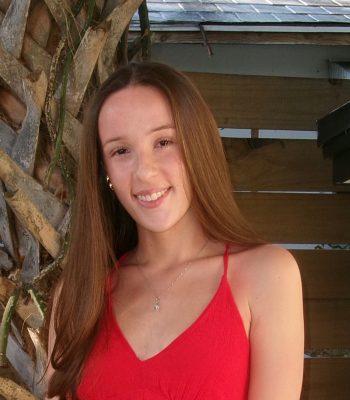
Jenna Barbosa is a psychological sciences major with a human development and family science minor interested in studying eye tracking and visual processing of sentences and events. Post getting her undergraduate degree, she plans to pursue a degree in school psychology to work with children and families in an educational setting.
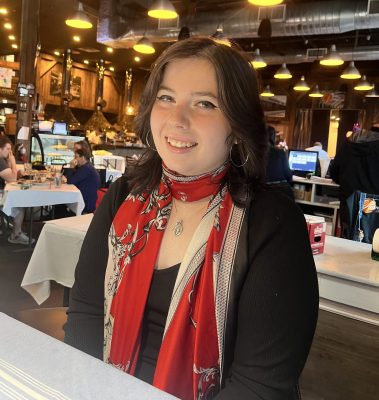
Giavanna Scognamiglio is a dual Psychological Sciences and Political Science major with a minor in Crime and Justice. She is interested with understanding people’s implicit cognitive processes and how these might be revealed through controlled manipulations of stimuli with methods such as eye tracking. After she completes her undergraduate studies, she plans to pursue a master’s degree and eventually a PhD in forensic psychology.
FORMER DOCTORAL STUDENTS
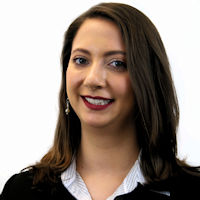
Kyra Krass is interested in using behavioral and neuroimaging techniques to study sentence processing and event representation. Her current research seeks to find which object states are active in the brain when individuals process change of state verbs. She is also interested in what role anticipation and affordances play in sentence processing.
Contact: kyra.krass@uconn.edu
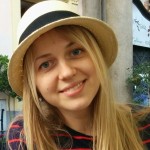
Yanina Prystauka: Are brain regions recruited for processing object state changes sensitive to the number of dimensions on which the change occurs? What is the effect of processing identical syntactic structures with different levels of semantic complexity on the working memory load? Do native and L2 speakers have similar mechanisms of morphosyntactic processing? I use converging evidence from psycholinguistics and syntax to study sentence processing and its neural correlates.
Contact: yanina.prystauka@uconn.edu
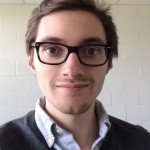
Zac Ekve: Semantic and episodic memory integration during sentence processing, Event processing, and representation, Neural correlates of event processing and semantic/episodic memory integration.
Contact: zachary.ekves@uconn.edu

Emily Yearling: I am interested in how event representation develops and how these representations bias the ways in which we perceive, understand, and interact with the world. Specifically, I use neuroimaging and behavioral methods to study how the brain processes changes in the state of objects we interact with in order to anticipate and facilitate future events.
Contact: emily.yearling@uconn.edu
FORMER LAB MEMBERS
|
Mackenzie Murphy |
|
Patrick Orris |
|
Kagnica Seng |
|
John Kennedy |
|
Julia Mocciola |
|
Jessica Hinckley |
|
Kori Citrin |
|
Lukas Kyc |
|
Bailey Harris |
|
Samantha Purushotham |
|
Marisa Karasik |
|
Nina Wright |
|
Annika Veeraraghav |
|
Michael Bakutis |
|
Lucy Jane Yap Arce |
|
Valerie Kamyla Duque |
|
Elton Cross |
|
Alyssa Fennel |
|
Samiksha Pant |
|
Lauren Bernstein |
|
Mackenzie Farquhar |
|
Morgan Townsend |